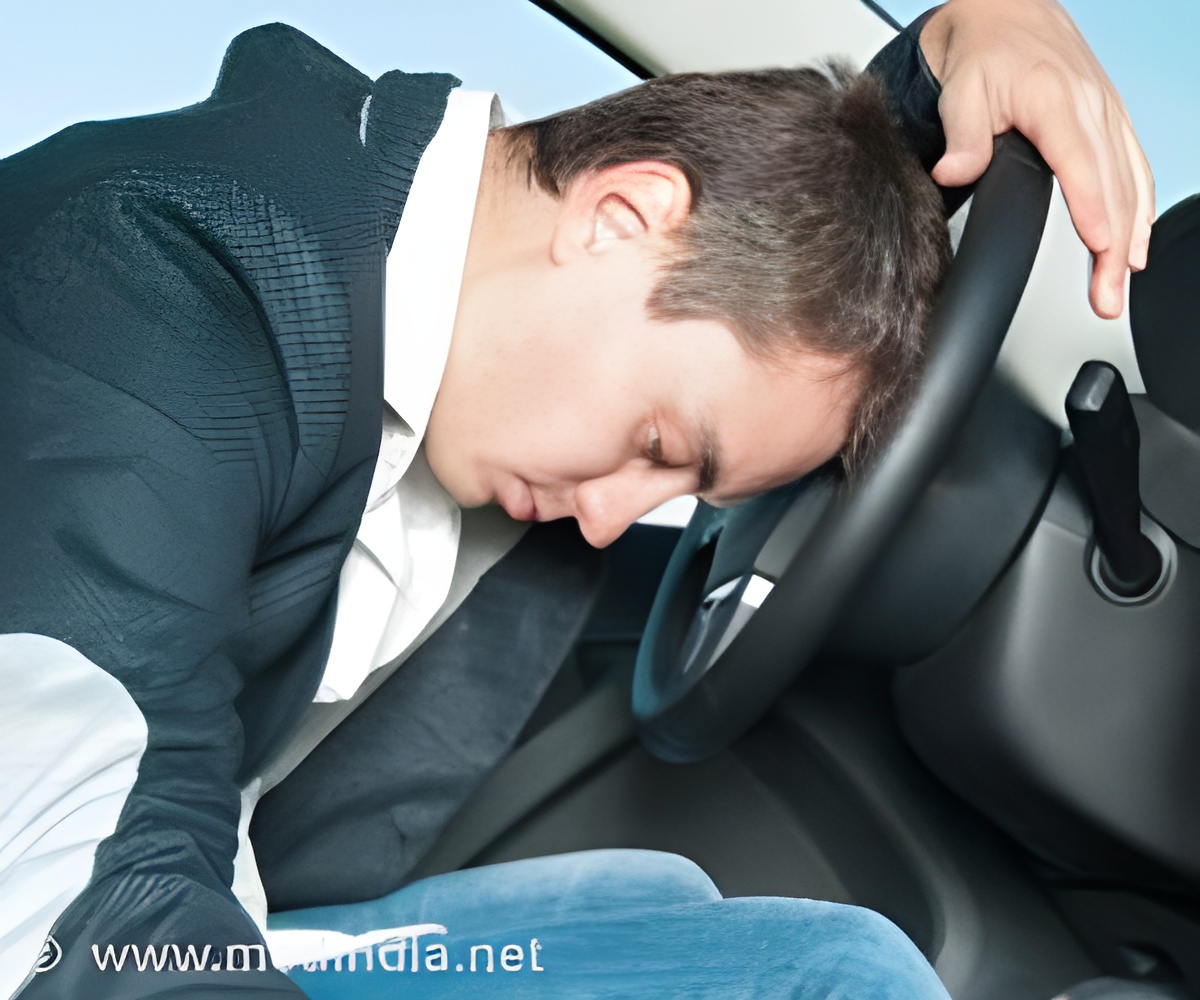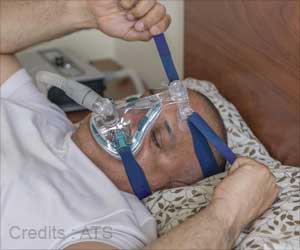Sleep-deprivation may affect a person physically and mentally creating an increased risk of motor vehicle crashes.

‘Lack of adequate sleep, i.e., less than seven to eight hours per day can lead to fatal accidents. People who are chronically sleep deprived but don't feel sleepy, do not perceive themselves as impaired. This increases the risk of motor vehicle crashes.’





The prospective study examined the relationship between motor vehicle crashes and two common causes of sleep deficiency - insufficient sleep duration and obstructive sleep apnea. The cohort in the study were participants in the Sleep Heart Health Study, a community-based study of the health consequences of sleep apnea, comprised of 1,745 men and 1,456 women between the ages of 40 and 89.Obstructive sleep apnea is a chronic sleep disorder in which breathing repeatedly starts and stops during sleep, drastically reducing the quality of sleep and increasing sleepiness. An estimated one-sixth of adult women and one-third of adult men in the U.S. suffer from obstructive sleep apnea. Insufficient sleep duration is also common in the U.S. population, with an estimated 25-30 percent of U.S. adults sleeping six or fewer hours per night, a duration associated with excessive sleepiness.
Severe sleep apnea was associated with a 123 percent increased risk of motor vehicle crash, and mild to moderate sleep apnea was associated with a 13 percent increased risk of motor vehicle crash. These numbers were in comparison to those with no sleep apnea. Sleeping six hours per night was associated with a 33 percent increased crash risk, compared to sleeping seven or eight hours per night. Gottlieb added that this increased risk of crash was independent of an individual's self-reported sleepiness.
"To help reduce these crash risks we need to identify individuals with sleep apnea and ensure they are properly treated for their apnea. We also need to increase public awareness of the importance of a good night's sleep to reduce the percentage of the population with insufficient sleep duration," said Gottlieb. "Ultimately, we would like to be able to identify a biomarker for cognitive impairments due to excessive sleepiness."
This study used data from the Sleep Heart Health Study which was supported by National Heart, Lung and Blood Institute.
Advertisement
Source-Eurekalert















